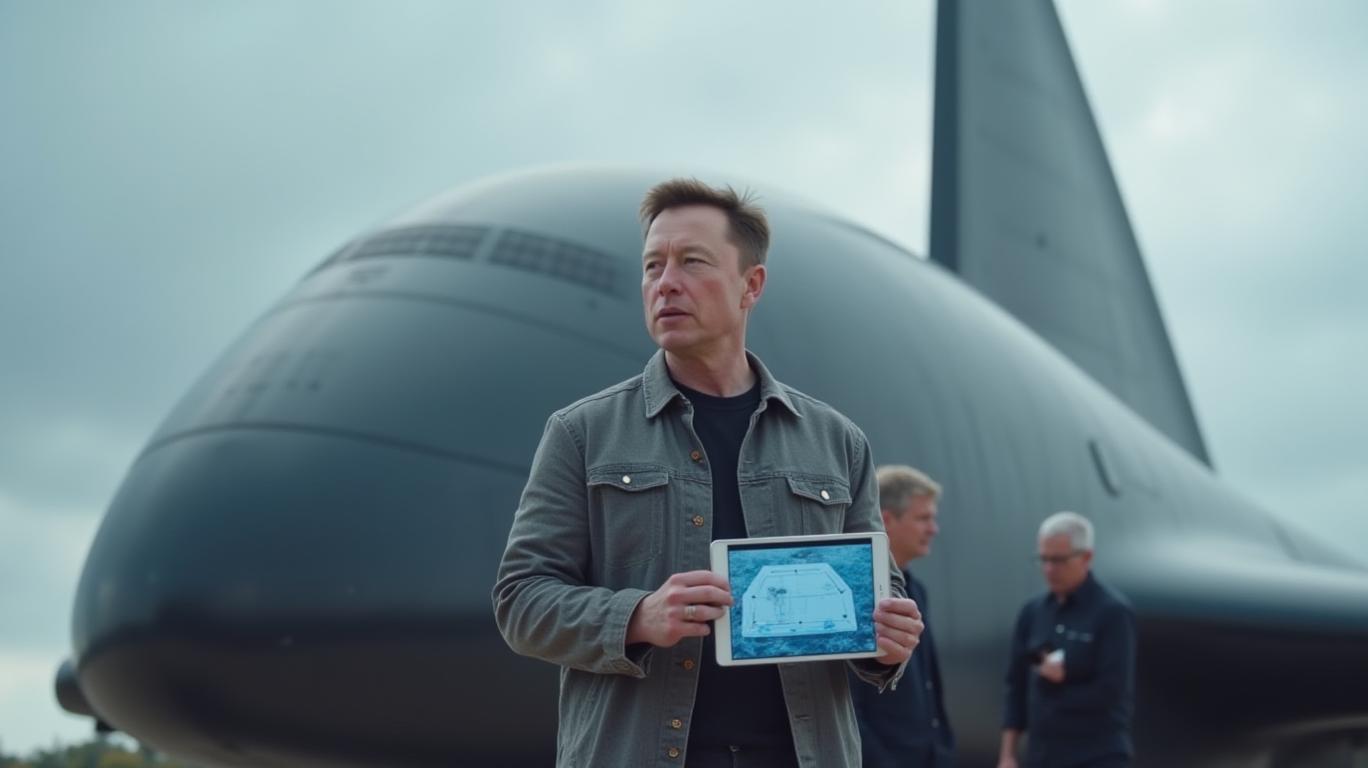Apple, SpaceX Clash Over Satellite Expansion
Apple Inc. and SpaceX, the aerospace company founded by Elon Musk, are currently embroiled in a dispute over the expansion of satellite services. The conflict centers around the competition for limited spectrum usage rights, with both companies vying to enhance their satellite capabilities to support their respective ecosystems and services.
Apple's investment in satellite technology has reportedly angered Musk, leading SpaceX to urge regulatory authorities to halt Apple's satellite expansion project. This move comes despite a previous agreement between SpaceX, T-MobileTMUS--, and AppleAAPL-- to provide satellite connectivity on new iPhone models. The disagreement highlights the intensifying competition in the satellite industry, where companies are racing to secure spectrum rights and deploy advanced satellite networks.
Apple's foray into satellite technology is part of its broader strategy to reduce reliance on terrestrial networks and enhance the connectivity of its devices. The company has been investing in features such as emergency SOS and satellite-based messaging, designed to provide users with connectivity in remote areas where traditional networks are unavailable. This initiative aligns with Apple's goal of offering seamless and reliable connectivity across its ecosystem of devices and services.
SpaceX, on the other hand, has been aggressively expanding its Starlink service, which aims to provide high-speed internet access to users around the world. The company has launched thousands of satellites into low Earth orbit, continuing to deploy more to expand its coverage and capacity. However, SpaceX's rapid expansion has raised concerns about space debris, potential collisions with other satellites, and the impact on astronomical observations.
The dispute between Apple and SpaceX underscores the challenges and opportunities in the rapidly evolving satellite industry. As more companies enter the market and invest in satellite technology, the competition for spectrum rights and orbital slots is likely to intensify. Regulatory authorities will play a crucial role in managing this competition and ensuring that the benefits of satellite technology are realized while minimizing the risks.
Collaboration and cooperation will also be essential for addressing common challenges and ensuring the sustainable development of the industry. While competition can drive innovation and investment, it is also important for companies to work together to develop standards and protocols, share data and resources, and collaborate with regulatory authorities to create policies that support industry growth while protecting the environment and public safety.
In conclusion, the conflict between Apple and SpaceX over satellite expansion reflects the intensifying competition in the satellite industry. As companies race to secure spectrum rights and deploy advanced satellite networks, regulatory authorities will play a crucial role in managing this competition and ensuring that the benefits of satellite technology are realized while minimizing the risks. Collaboration and cooperation will be essential for addressing common challenges and ensuring the sustainable development of the industry. 
Stay ahead with real-time Wall Street scoops.
Latest Articles
Stay ahead of the market.
Get curated U.S. market news, insights and key dates delivered to your inbox.

Comments
No comments yet